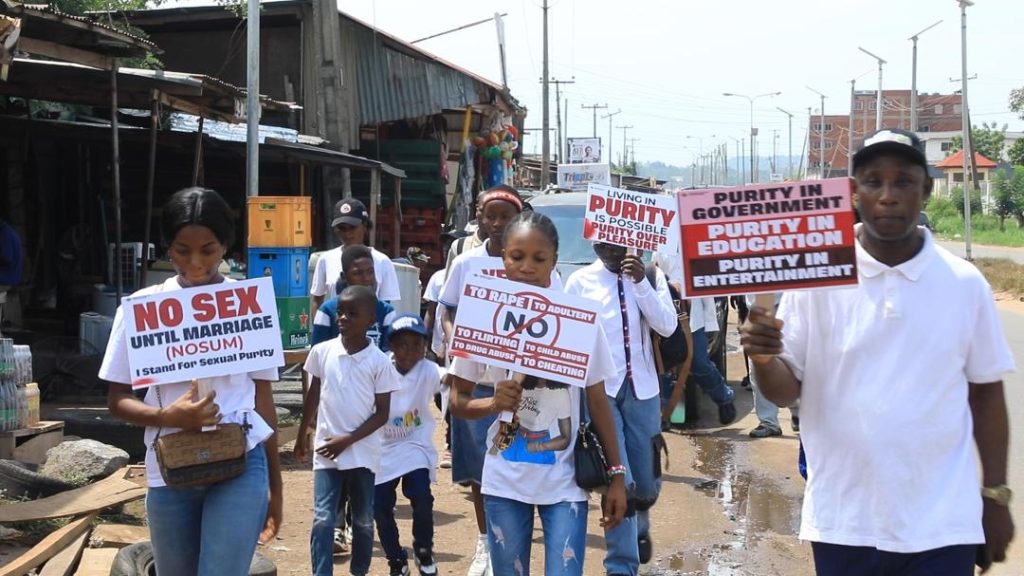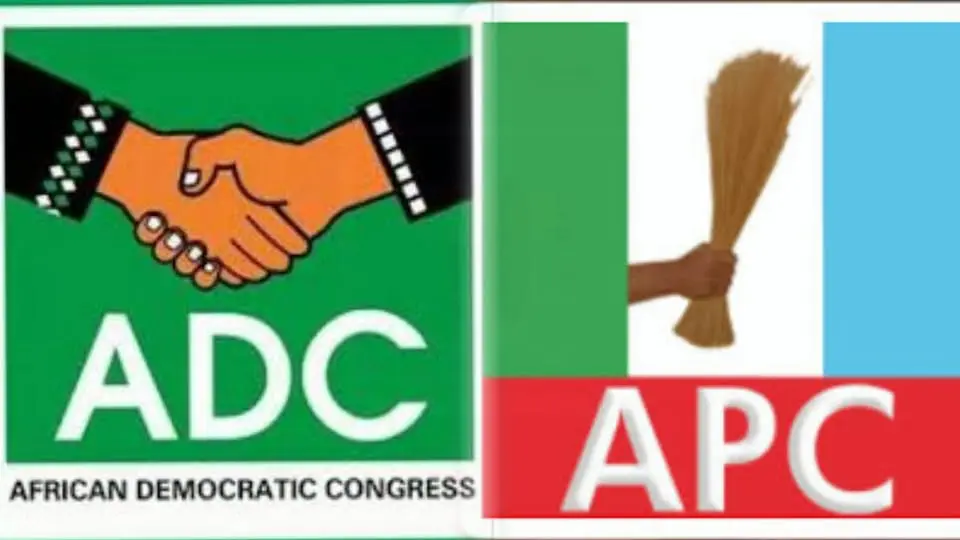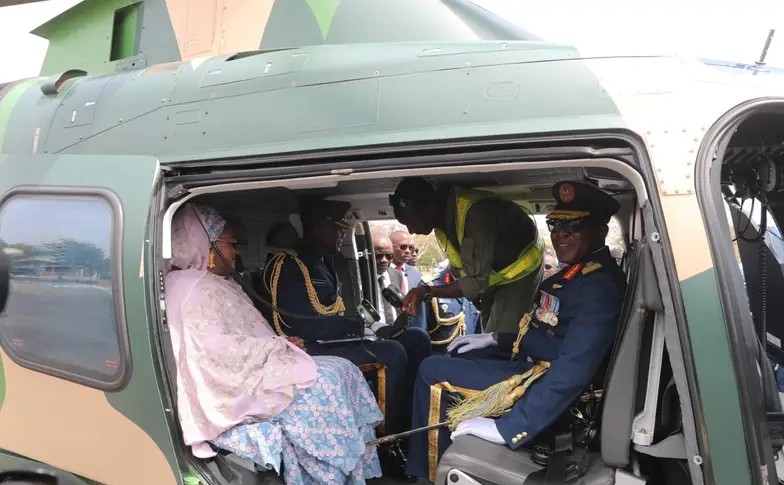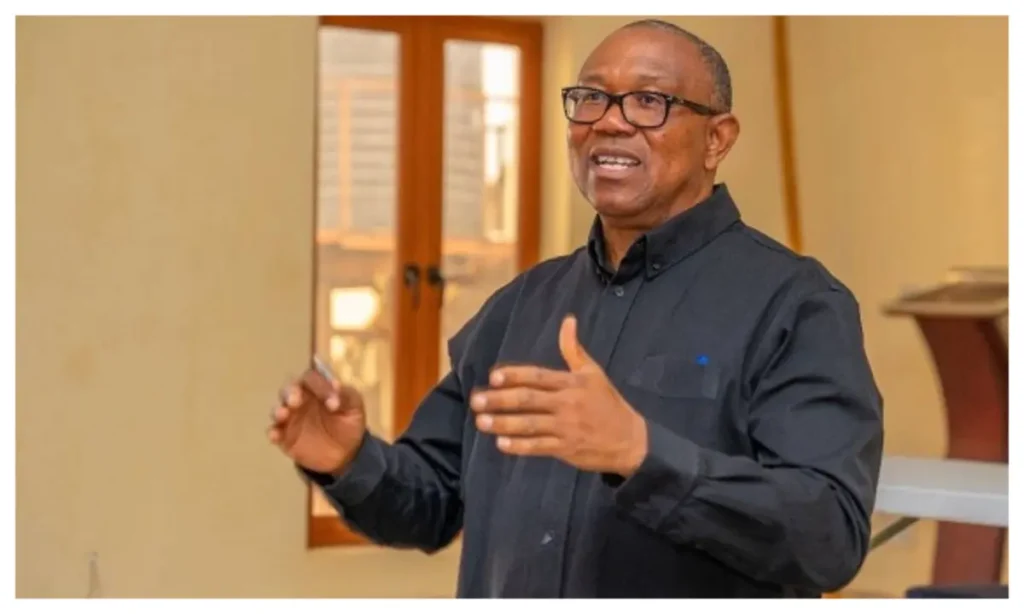Tensions flared in the Big Brother Naija Season 10 house as contestant Big Soso accused fellow housemate Faith of making derogatory comments about her age and behavior. During a Thursday diary session with the show’s producers, Big Soso claimed Faith insinuated she was “old” and accused her of pursuing male housemates, allegations she described as deeply offensive.
The contestant, known for her composed demeanor, insisted such remarks contradicted the respect she believes she commands among peers. “Faith age-shamed me, saying I was old and follow boys around,” she stated. “That feels insulting because I view myself as one of the most respected women here.” She attributed this perception to her conduct in the house, emphasizing that male housemates often refer to her as “Mama Soso,” a maternal nickname reflecting their view of her as a figure of authority and maturity.
Big Soso clarified that the term “Mama Soso” emerged organically, rooted in how she interacts with others. “I never asked for that name, but the boys respect me,” she explained. “There’s nothing sexual in our relationships—they see me as a mother.” This assertion aligns with her earlier claims that she maintains clear boundaries, a point she reiterated to counter Faith’s criticism. Notably, she revealed that Faith had previously expressed admiration for her, even expressing a desire to be considered “one of her sons.”
The reality TV star’s remarks underscore ongoing discussions about age-related stereotypes and gender dynamics in shared living environments, particularly in high-pressure settings like Big Brother Naija. The show, a cultural phenomenon across Africa, often amplifies interpersonal conflicts, drawing scrutiny to issues like respectful communication and representation.
While Faith has yet to publicly address the allegations, the incident has sparked debates among viewers about the appropriateness of age-based critiques and their impact on camaraderie within the house. Big Soso’s decision to voice her grievances through official channels also highlights the role of production interventions in mediating disputes among contestants.
As Season 10 continues, the exchange serves as a reminder of the complex social dynamics that define reality television, where perceptions of respect, identity, and interpersonal conduct frequently collide under the scrutiny of a global audience.



